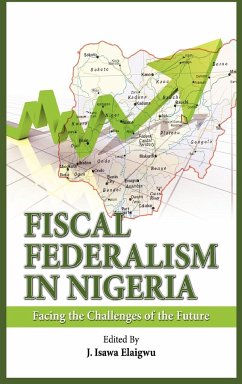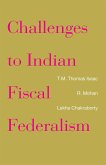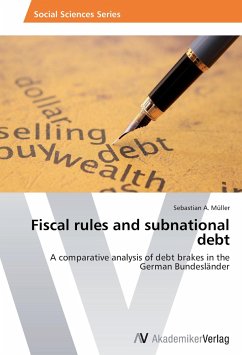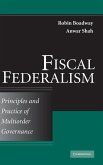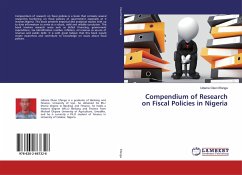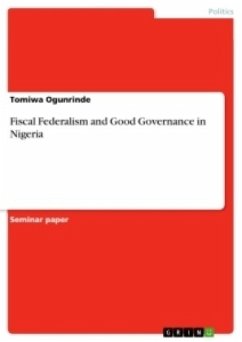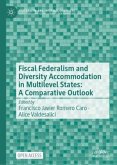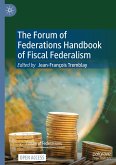Debates on Nigeria's fiscal federalism preceded the gradual evolution of Nigeria into a colonial federal state in 1954. Issues of distribution of scarce but allocatable resources have often beclouded the desires of Nigerians to generate the resources that are expected to be shared. Throughout its history, it has been evident that Nigerians have always been sensitive to the fiscal dimensions of its federation. Nigeria's media have been awash with the debate over the nature of resource generation, distribution, and challenges of equalization in the federation. At the National Political Reform Conference in 2005, delegates from some states of the federation staged a walk-out because of the nature of resource distribution. In recognition of the importance of fiscal federalism to the stability and progress of the federation, the contributors to the volume discuss the challenges of fiscal federalism in Nigeria, proffering answers to such questions as: What are the key challenges posed by fiscal federalism in Nigeria and how should these be best tackled? How are revenue powers and responsibilities, including taxation, divided between the centre and the federating units? How are the generated revenues shared? What is the nature of intergovernmental relations in Nigeria? How is national development funded? And what are the implications of all these for Nigeria's fiscal federalism, political stability, maturation of the democracy project, and development trajectory? ____________________________________________________________________ Dr. J. Isawa Elaigwu is Professor Emeritus of Political Science, University of Jos, Jos, Nigeria. He is currently the President of the Institute of Governance and Social Research (IGSR), Jos, Nigeria. A widely travelled academic, Professor Elaigwu's works have been widely published within and outside Nigeria. He has also served as consultant to many national and international agencies.
Hinweis: Dieser Artikel kann nur an eine deutsche Lieferadresse ausgeliefert werden.
Hinweis: Dieser Artikel kann nur an eine deutsche Lieferadresse ausgeliefert werden.

